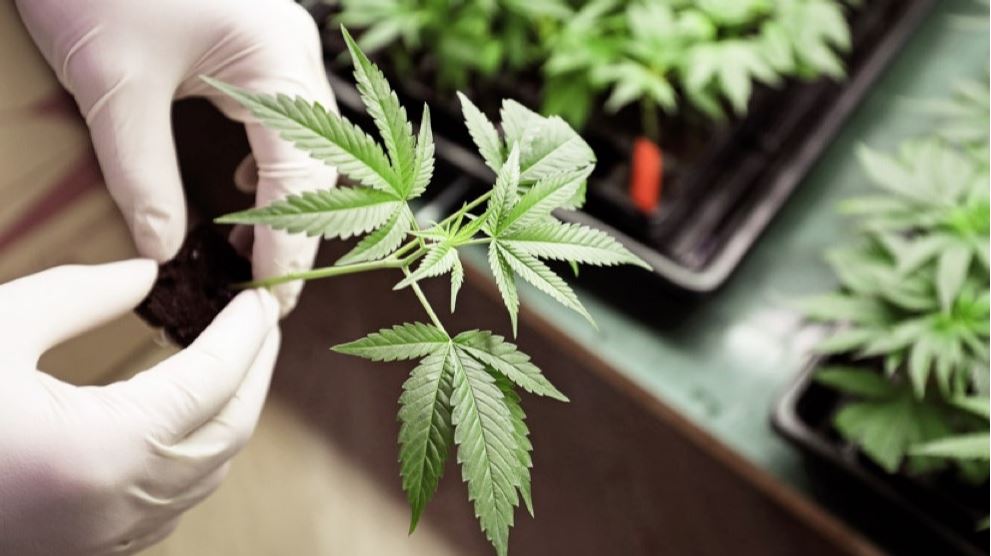Medicinal cannabis campaigner calls for … ‘Common sense’ approach
Thursday 19 October 2023 | Written by Al Williams | Published in Health, Local, National

According to Medsafe’s website, in New Zealand, the minimum quality standard is used to verify medicinal cannabis products which have been derived from the cannabis plant. Photo: GOOGLE
Medicinal cannabis campaigner Steve Boggs is calling on Te Marae Ora to take a “common sense” approach and follow New Zealand in allowing over-the counter sales of cannabidiol (CBD) products.
Boggs made a statement following news Medsafe in New Zealand had overridden its Medicines Classification Committee on cannabis.
“It’s common sense that our Health Ministry will follow suit and do the same for us.”
Cook Islands News reached out to Te Marae Ora for comment.
Medsafe’s committee on cannabis had advised against over-the-counter CBD sales, but Medsafe has now approved it.
New Zealand’s Ministry of Health went against earlier advice of its Medicines Classification Committee and opted to allow cannabis products to be sold over the counter by pharmacists.
Earlier this week New Zealand’s medicine safety unit Medsafe reclassified cannabidiol (CBD) products from prescription only to a restricted medicine, meaning it could be sold by pharmacists.
The CBD compound, which naturally occurs in cannabis, doesn’t have psychoactive effects that produce a high, unlike the more commonly known THC. It is instead used to treat pain, stress, anxiety and sleep disorders, and can be sold at grocery stores and gas stations in other jurisdictions such as America and the United Kingdom.
It typically comes in a drop or capsule format but is also sold as gummy lollies and other novel forms including topical creams and bath bombs.
The move harmonises New Zealand with Australia, which approved over-the-counter sales of low-dose CBD in December 2020.
Boggs said: “For the past three years or so, and currently, the Cook Islands Government has allowed for CBD products to be sold by retailers and wholesalers, examples which include, CBD shampoo, skin care, hemp masks, hemp seeds and hemp burgers.”
“None of these products has any THC psychoactive effect nor do the reclassified CBD products that are going to be sold over the counter in New Zealand, namely oils, capsules, gummy lollies, creams and bath bombs.
“The Ministry of Health in New Zealand made this decision to allow for these CBD products to be easily attainable to its people to promote their overall wellbeing.”
Medsafe’s committee reviewed low-dosage CBD again in May and came to a similar conclusion, recommending against down scheduling due to a lack of evidence.
Medsafe said the decision followed careful consideration of the risk-benefit profile of low-dose CBD and included consultation with healthcare professionals, industry, and the public.
“Those in the CBD industry have also previously signalled that a change in classification may allow more opportunities for research into the clinical efficacy and safety of CBD,” Medsafe said in a statement.
“Subsequently, this could create greater opportunities for the approval of low-dose CBD medicines.”
The change is unlikely to mean CBD products are available any time soon, with no CBD products currently approved in New Zealand. Any products approved in the future with dosing instructions of less than 150 milligrams a day and not containing more than 4.5 grams of CBD will be able to be sold to adults 18 and over.
Meanwhile legislation supporting availability of medicinal cannabis in the Cooks Islands will be tabled in Parliament in December.
- Al Williams/Newsroom NZ














































